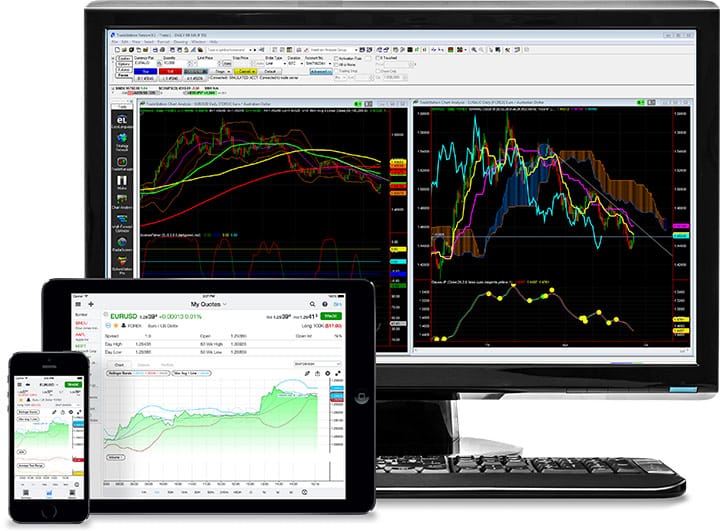

Please click here for further important information explaining what this means. When applying for, or purchasing, accounts, subscriptions, products and services, it is important that you know which company you will be dealing with. is also a wholly owned subsidiary of TradeStation Group, Inc., operating under its own brand and trademarks. are each wholly owned subsidiaries of TradeStation Group, Inc., all operating, and providing products and services, under theTradeStation brand and trademark. TradeStation Securities, Inc., TradeStation Crypto, Inc., and TradeStation Technologies, Inc. Market Insights, its pages and content are hosted by TradeStation Group, Inc. They offer limited protection, but don’t eliminate all downside risk. In conclusion, covered calls are a potentially useful technique for investors looking to protect profits after a big market rally. The other benefit is they’ll collect income from a stock drifting in a range. It generates income here and now, while buying protective puts costs money. So why do it? The main reason is that it’s a way to protect gains on a stock that’s moved higher. If NFLX spikes to $500, they’ll still collect no more than $409.75 per share. In this case, they can lose money below $365 - all the way down to zero.Īnother difference is that potential upside gains are also limited. The big difference between this strategy and protective puts is that covered calls only provide limited downside risk. They lose $30 on the shares but make $29.75 on the short calls. If the stock falls to $365, the options become worthless. Sell the July 380 calls for $30 when the NFLX is at $395. So in this case they can endure a drop to $365 before they really see losses. The extra $15 of time value is essentially their cushion below the strike price. In this case, they can endure a drop of xx percent.Īdditionally, even if it goes under $380 they have some protection because the calls they sold short will lose value.

There’s also a hedging component because their $410 proceeds are safe as long as NFLX stays above $380 through expiration. So, they’re taking money out of the market - so called “time value” or “extrinsic value.” (See our next post for more on that.) That’s $14.75 above the current $395 price. But remember they already collected $29.75 per share, so their actual proceeds would be $409.75.



 0 kommentar(er)
0 kommentar(er)
